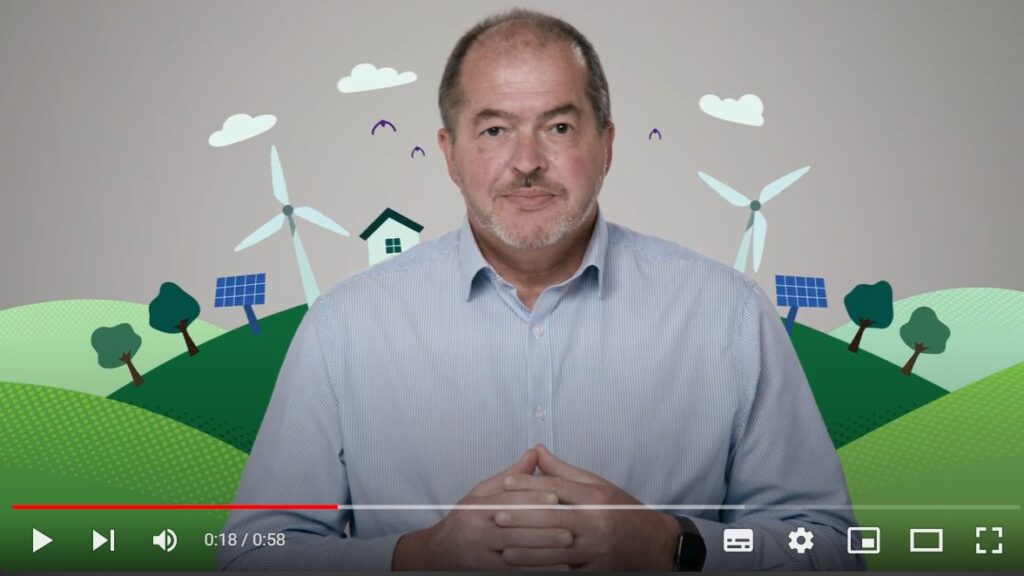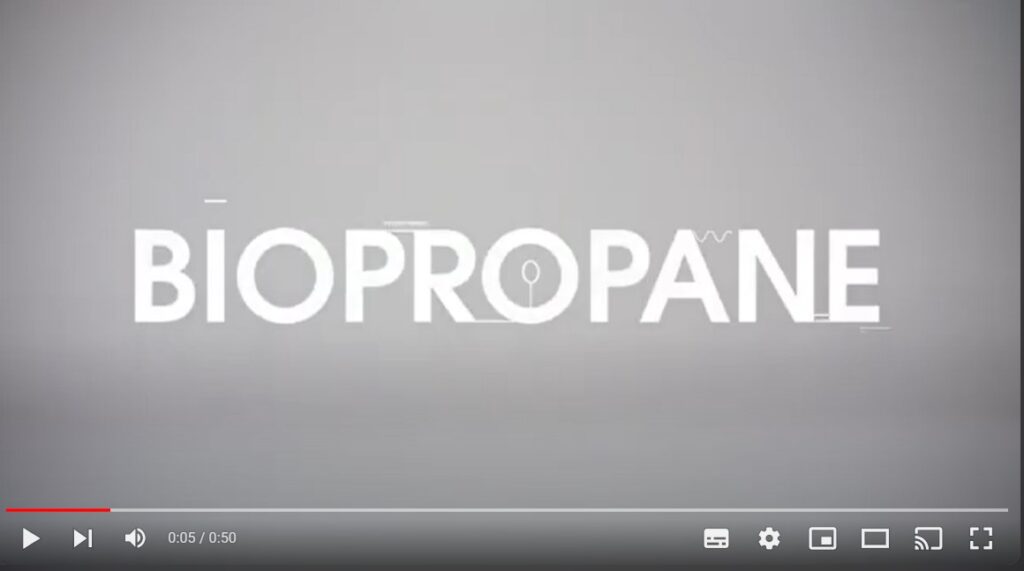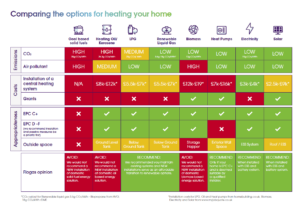A guide to the future of heating your home
We Do Energy, Right for You and right for the future
The future of heating your home – a guide for Flogas customers
With stories on alternative heating options and boiler bans reaching the headlines, we understand that as a Flogas customer, you may be confused or even worried about the future of heating your home; but please be assured that we will continue doing energy right by you and be there to support you with the information you need to decide when or if you need to make the switch.
We have also put together a comprehensive guide of everything you need to know about heating your home for today, tomorrow and what the future may bring.
The future of heating your home starts today
Before you think too far into the future, let’s look as what you need to know about how you currently heat your home:
Your options for energy choices
With so many options around, and with heating being one of your most significant parts of your monthly household expenses, choosing the right energy for your home is crucial. However, you need to make sure the time is right for you.
So let’s look first at your energy source of today – LPG.
What is LPG?
As a Flogas customer, your home is likely to be off-grid and being fuelled by LPG* (Liquefied Petroleum Gas). LPG is a hydrocarbon gas that is a byproduct of crude oil refining and natural gas processing and is considered a fossil fuel. When oil and natural gas are processed, LPG is separated through a refining process, which involves compression and cooling to convert it into a liquid state. This is then delivered to you in bulk or cylinder form.
LPG has the lowest carbon footprint of any other conventional fossil-fuel, with 13% less than oil and 30-40% less than coal based solid fuels1. Despite this, it’s clear that pressure is going to build for households to move away from traditional fossil-fuels. That’s why we have teams working hard to provide other renewable liquid gas options that will drop seamlessly into your existing LPG tank, installation and boilers with little or no modifications required.
So, is LPG right for my home?
So, is LPG right for the future of my home?
Renewable liquid gas
Our team of experts are hard at work looking into renewable liquid gas. Renewable liquid gas is an umbrella term for a number of different gases that our team is working on to be able to deliver to you, either as a blend with or total replacement for LPG.
Renewable Di-methyl Ether (rDME)
One of these liquid gases is renewable Di-methyl Ether (rDME), a colourless gas that can be handled as a liquid (just like LPG) which is made from sources like household and farmyard waste.
We’re soon to start testing blends of rDME in existing domestic installations. 100% rDME can be used with limited modifications to equipment. rDME gives carbon reductions of up to 85% 2, compared with diesel and heating oil, plus it burns cleanly – with zero soot, zero SOx (sulphur oxides) and reduced NOx (nitrogen oxides). Biopropane has a carbon output of around 40-50% less than current LPG3.
Watch our short video on rDME below

We’ve invested in the security of supply to Do Energy Right by You.
Flogas’ Avonmouth storage facility
Just outside Avonmouth in Bristol, this facility is the largest of its kind in the UK, with a capacity of over 34,000 tonnes. It provides security of supply for current and new Flogas customers, whilst expanding the capacity of the entire LPG industry in the UK. The storage terminal is future-ready too – designed to be compatible with renewable liquid gases rDME and biopropane.
Teesside gas terminal
Flogas have an agreement with the Teesside gas production terminal to take up to 120,000 tonnes of LPG that was previously being sent overseas. This is a huge boost to the esilience for LPG across our network.
What are the alternatives to LPG and renewable liquid gas for off-grid homes?
Sources
1 https://www.gov.uk/government/publications/greenhouse-gas-reporting-conversion-factors-2025.
2 https://www.liquidgasuk.org/about/rdme
3 https://www.liquidgasuk.org/about/biolpg

